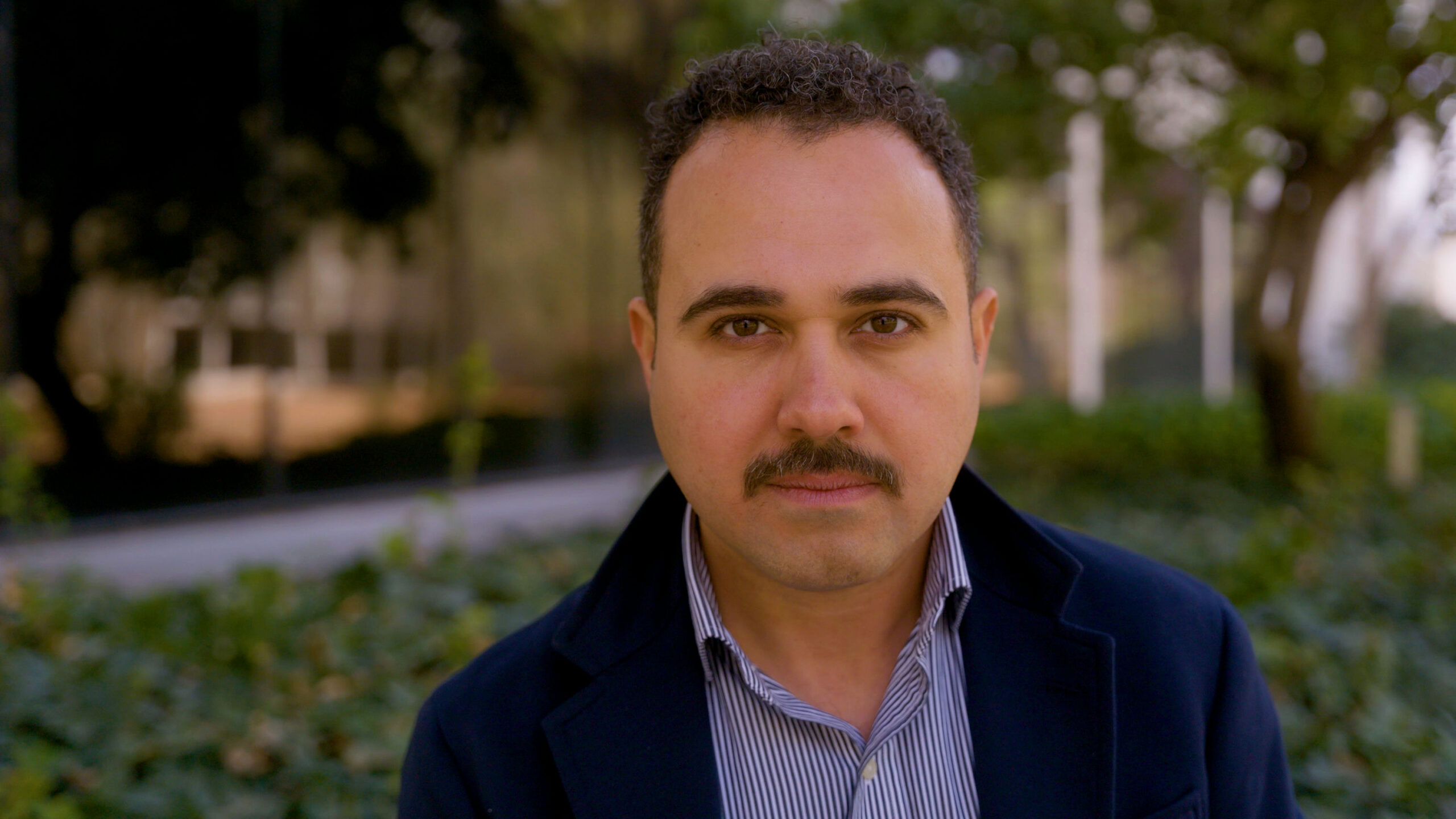Ahmed Naji is a bilingual writer, journalist, documentary filmmaker, and official criminal from Egypt. His novels are: Rogers (2007), Using Life (2014), And Tigers to My Room (2020), Happy Endings (2023), and most recently, a memoir, Rotten Evidence: Reading and Writing in Prison (McSweeney’s, 2023), which was a Finalist at the National Book Critic Circle. Currently exiled in Las Vegas, Nevada. More about his work: ahmednaji.net

